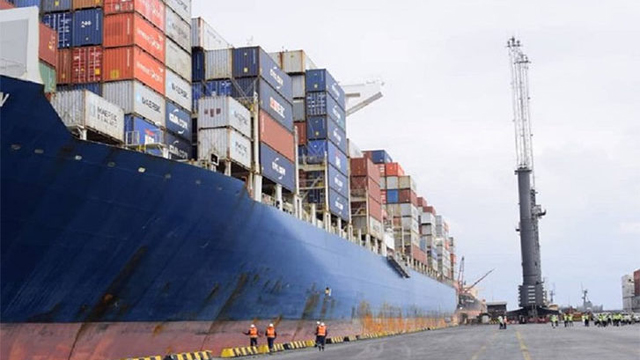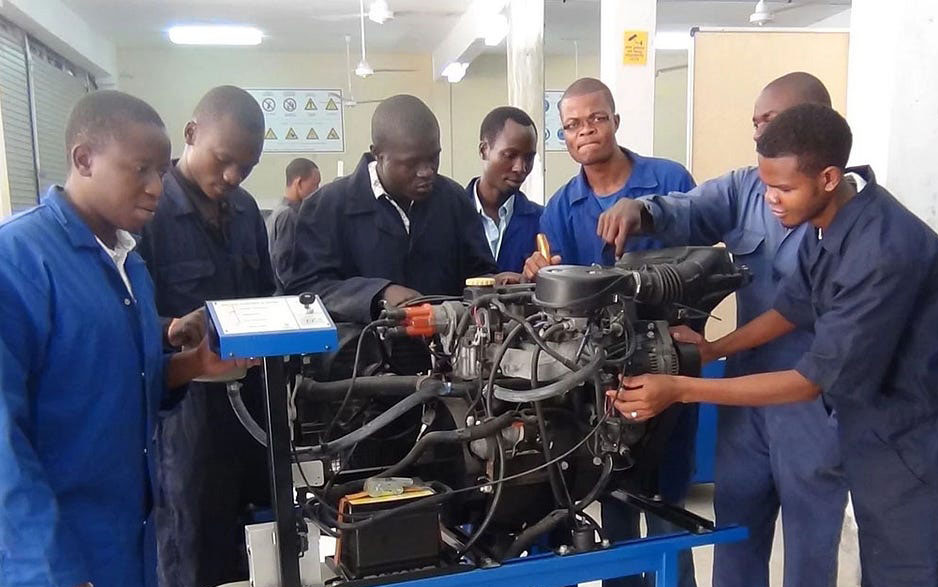
The shipping industry is set to commission more ships partly powered by liquefied natural gas (LNG) and methanol by 2023 while ramping up trials for biofuel bunkering as they move to meet the carbon emissions target from ship operations.
The U.N.’s International Maritime Organisation (IMO) had urged the shipping industry to reduce its reliance on oil and meet the carbon emission reduction target.
This includes, cutting carbon emissions by 40 per cent from 2008 levels by 2030 and overall greenhouse gas (GHG) emissions by 50 per cent by 2050.
However, the shipping industry executives have listed LNG, methanol and biofuel as alternative fuel options to drive carbon emissions.
They stated this at the Singapore International Bunkering Conference and Exhibition (SIBCON) 2022.
They disclosed that several companies are set to receive more LNG bunker vessels in 2023 that would help shave off some emissions on voyages.
The Head of Commercial Operations at Rio Tinto Plc, Laure Baratgin, said the United Kingdom-based mining and metals company, would bring nine LNG dual-fuelled Newcastlemax vessels into its portfolio, with the first delivery expected from the first half of 2023.
She said the company has also started a one-year biofuel trial as it aims to cut carbon emissions from its operations by 40 per cent by 2025, adding that the company has been seeing up to 25 to 26 per cent of emission reductions so far.
Also, the Head of Decarbonisation Business Development, A.P. Moeller-Maersk, Berit Hinnemann, said the shipping company is focused on using methanol for its vessels.
The company had announced that it ordered six more methanol-fueled vessels, bringing its total order of such ships to 19.
Hinnemann said the company’s approach is to “go to the green fields right away,” adding that the company will not be adopting LNG as part of its fuel mix.
“We see green methanol as a technologically ready solution, the fuel production can be scaled up, and therefore, we see it as a fuel option to make a sizable impact this decade.
“The demand (for methanol) was not there and what we have been trying to do is to bring momentum and demand to the market by our vessel orders,” she said.
Meanwhile, more companies are conducting tests to blend biofuels with marine oil, which does not require shippers to make huge modifications to current engines.
Also, companies have started looking at green ammonia for bunkering beyond 2030, just as the Head of Maritime at BHP, Fergus Eley, said the first ship to be powered by ammonia may be built in 2026 or 2027.





